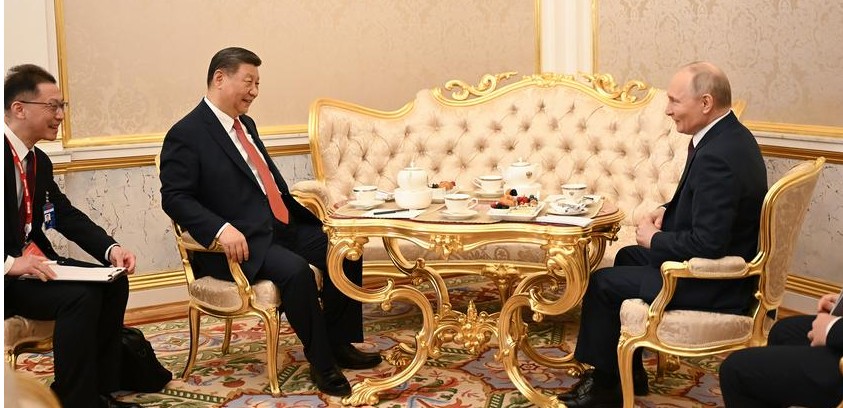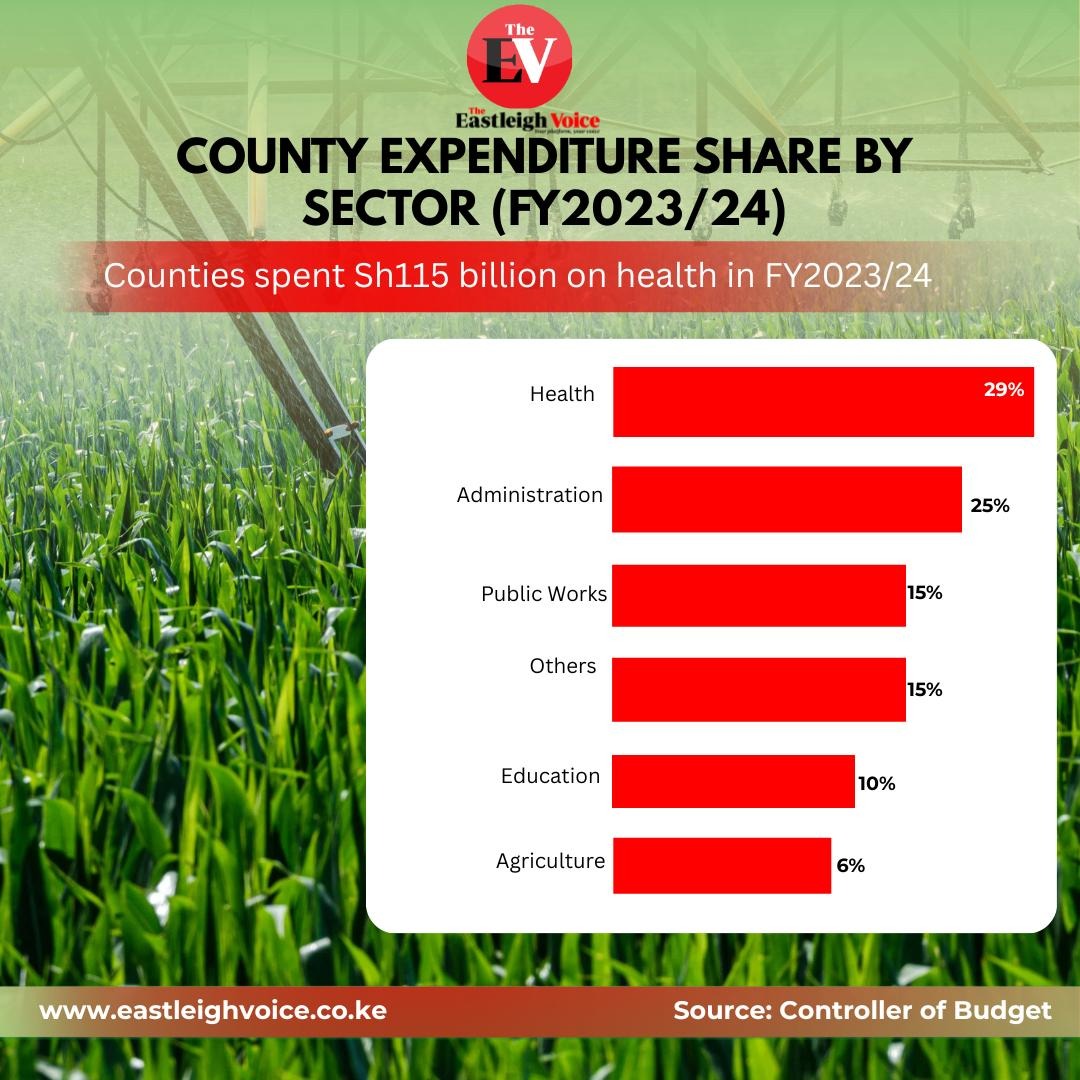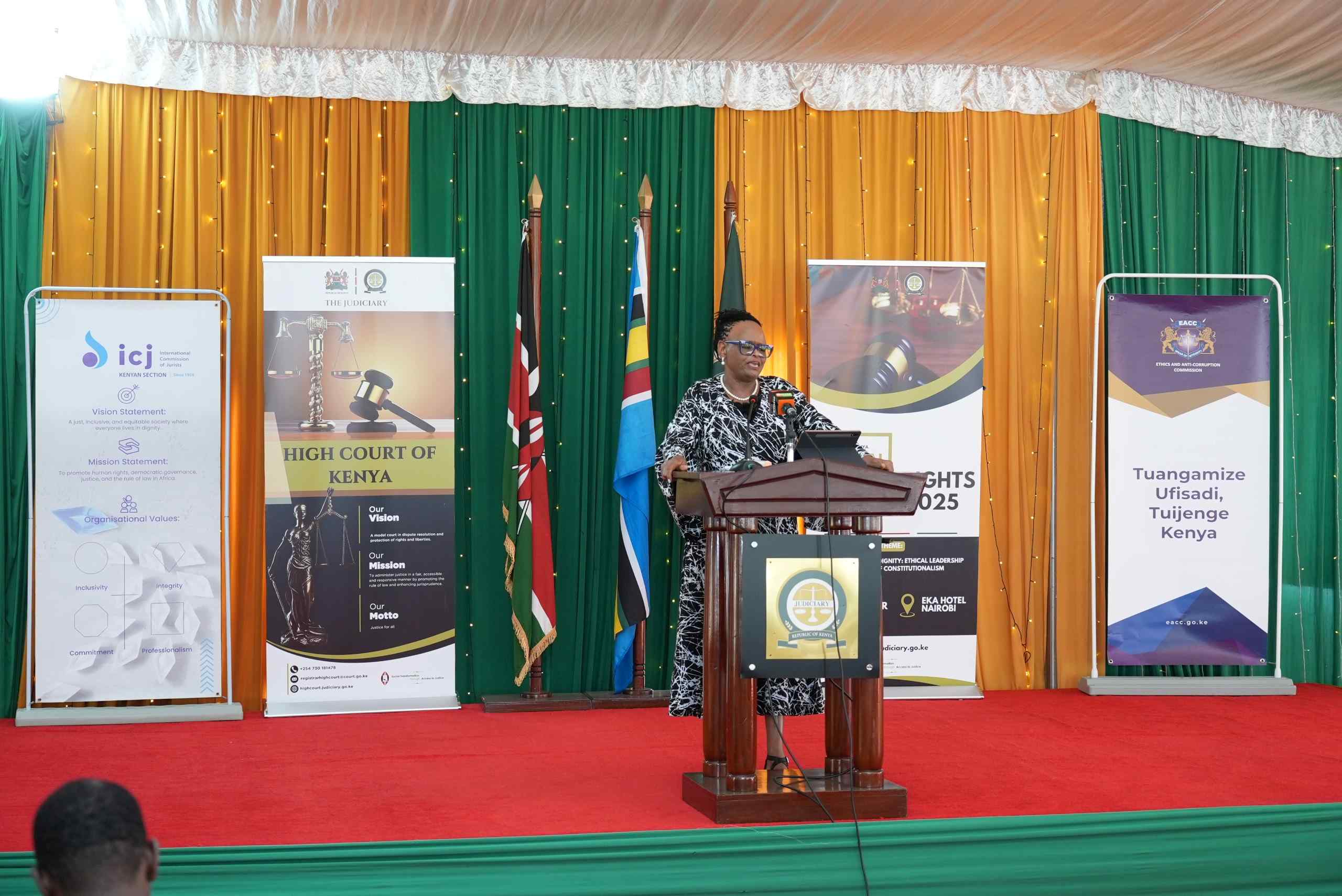New report shows China’s growing reach across 101 countries, Africa key to strategy

China's strategy leans more on building ties than on coercion, with the Index showing that countries engaged through partnerships and cultural exchanges were more likely to back Beijing's positions.
China's global influence is rapidly expanding, with nearly two-thirds of countries recording higher levels of cooperation with Beijing in 2024 compared to 2022, a new report has revealed.
The newly released China Index 2024 by Doublethink Lab and the China In The World (CITW) network drew on data from 101 countries, tracking Beijing's reach across nine domains, including academia, domestic politics, economy, foreign policy, law enforcement, media, military, society, and technology.
According to the report, of the 81 countries included in both the 2022 and 2024 editions, 56 reported higher levels of Chinese influence, while 24 registered declines and one remained unchanged.
More To Read
- Global power shifts are reshaping the Red Sea region and changing the rules of engagement
- Luanda Summit: Europe reinforces ties with Africa as competition intensifies
- Africa’s rapid drone expansion promises high-tech warfare but struggles to achieve strategic results
- Why countries struggle to ditch fossil fuels despite rising costs, decades of climate deals
- Africa imports over 70 per cent of its medicines — Local production of ingredients could change that
- Chinese warship in Mombasa for technical stop, cultural exchange
Although the findings highlight a global trend, Sub-Saharan Africa stands out as one of the regions where Beijing's influence is rapidly expanding, driven by new military cooperation agreements and large-scale technology investments.
Nigeria now ranks fourth globally, just behind Pakistan, Cambodia, and Singapore, while Zimbabwe, Algeria, and South Africa all appear in the top ten, highlighting Africa's rising importance in Beijing's global strategy.
The rapid rise of African states in the index points to the region's strategic importance as China seeks to secure allies, markets, and resources while expanding its diplomatic reach.
The Index also found that China's strongest influence is in technology and foreign policy domains, with average scores of 42.5 and 50.1 out of 100. Influence was far higher in the Global South than in the Global North, with foreign policy scores averaging 34 points higher and technology scores 15 points higher.
The highest recorded increase was in the Society domain, which rose by 12.6 points since 2022, reflecting a surge in diaspora-linked cultural events tied to Chinese diplomats or the United Front Work Department (UFWD). The findings were recorded in 73 countries this year, nearly double the figure from 2022.
"This is the first time we can systematically compare PRC influence across countries and over time. The data not only shows where vulnerabilities are deepening, but also where societies are proving resilient," said Doublethink Lab's Deputy CEO, Tim Nivan.
According to the findings, China's strategy leans more on building ties than on coercion, with the Index showing that countries engaged through partnerships and cultural exchanges were more likely to back Beijing's positions.
The Index also points to a growing divide between countries tightening ties with Beijing and those moving away. Ukraine saw one of the steepest declines, dropping from 44th place in 2022 to 89th in 2024, amid backlash against China's perceived support for Russia in the war in Ukraine.
"The public sentiment has turned sharply against Beijing, with negative views peaking at 72.5 per cent, largely due to China's perceived tilt toward Moscow, its ambiguous neutrality in peace initiatives, and its limited presence in meaningful diplomatic dialogues," said Sorin Ionita, President at Expert Forum.
"Many Chinese investments in agriculture and technology have largely stopped due to the war, reducing their role in Ukraine's political, business, and media landscape."
Italy also fell in the rankings, while some Asian countries moved up. The UK and Germany led in academic influence, showing concerns over research links and monitoring of Chinese students.
Top Stories Today

















































